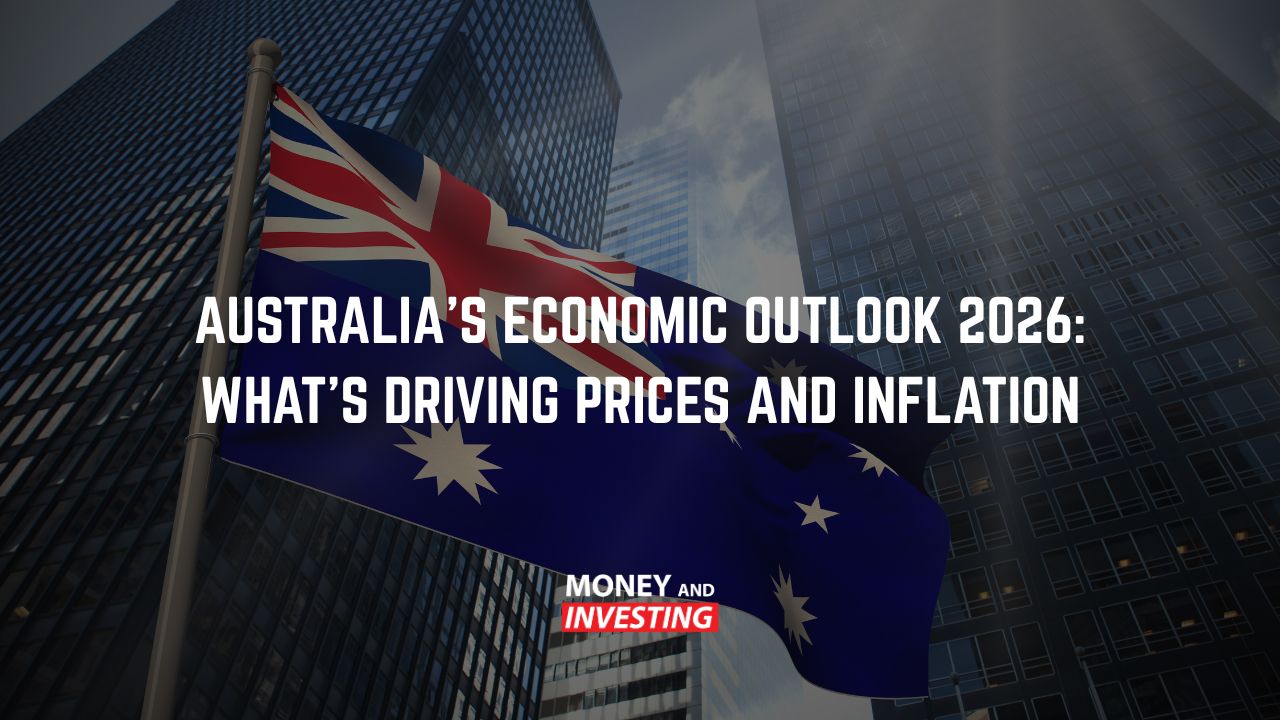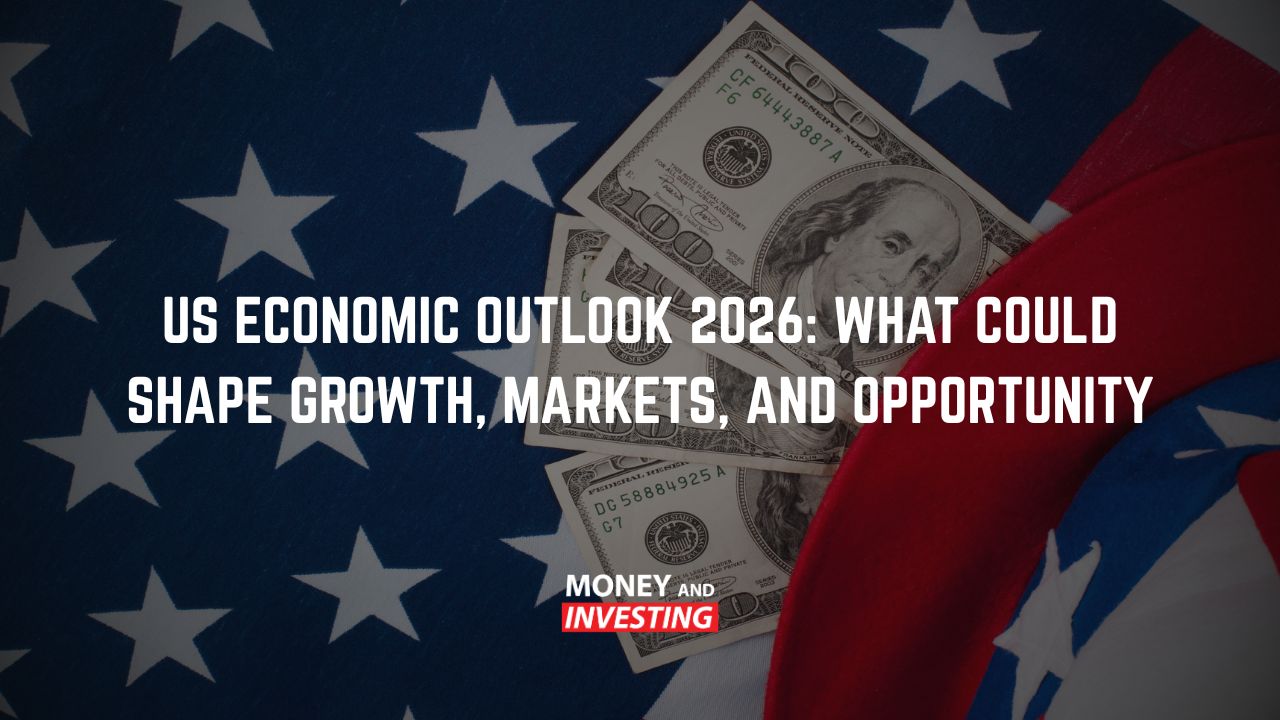6 Month Review
The financial year has come to a close, bringing with it the first half of the year. In some of our earlier episodes Andrew and Mitch made some predictions about what this year would hold. Join us in this episode as we jump into what came true and where we might have been wrong.
Geopolitical Tensions
The biggest story this year without a doubt is the war in Ukraine following Russia’s invasion. Host Andrew Baxter had earlier in the year predicted the China and Taiwan tensions would be the likely source of any geopolitical tensions for the year but as it turns out it was Russia and Ukraine. The tensions have lasted for months and the impacts of the war have not eased as of yet either. Economic uncertainty around the world has been evident since then, particularly given the weakness shown in financial markets over the first 6 month of this year. Supply chain disruptions are hurting everyone from builders to parents buying groceries, really causing a major increase in the cost of living pain of everyday people – as we had predicted.
In particular, energy costs and shortages are now at the forefront with interest rates increasing quickly. Although we did not get the continent of the tensions right, we have certainly seen the expected effects of the war reflected in costs and inflation.
Interest Rates – The Biggest Factor?
Following the end of the Covid pandemic where now people are free to travel more freely and enjoy more time outside of their homes, central banks around the world were slow to react and continually delayed increasing interest rates. Host Andrew Baxter believes that jobs in those major banks should go to those with a strong grasp of financial markets who are also able to communicate intentions clearly. Turmoil arises when the intentions of the central banks are not expressed, so when investors are surprised by a rate hike higher than anticipated it’s usually because the market has been caught unaware.
Although RBA Governor Philip Lowe publicly stated that interest rates would not move for years to come, anyone who was paying attention to prices and markets understood the necessity for increased interest rates. The argument remained that it was only transitory inflation but we now know for sure that it is not only transitory. The question remains – just how high will rates go?
Where To Now?
The markets around the world have struggled through the first 6 month of this year and with good reason. Since the market booms following the Covid pandemic, a number of painful factors have converged and have investors scared. Host Andrew Baxter’s prediction is to see some sustained weakness in markets and suggests keeping your eyes open. Money has effectively been free to borrow based on interest rates, so companies have been able to grow quickly, leading to runaway stock prices in the market.
Now with an increased cost of capital and higher inflation, growth stocks have been smashed and are likely to sit below their previous valuations for a while to come. Value stocks with steady earnings and growth – which have been widely disregarded as underperformers for the last few years, are now starting to appear more attractive to investors as an investment option with reliable and steady returns. With earnings season around the corner which is predicted to be a bloodbath, perhaps a few defensive plays are not a bad option to add to your portfolio. Retail and consumer discretionary stocks could be the spaces to avoid for the time being.
Key Opportunities
So what are some key areas we can target to make money in the next few months? Host Andrew Baxter has a few suggestions. Firstly, let’s talk about bonds. When we see interest rates increase, we may see earnings for stocks come down but we also see bond prices come down. This means bond yields increase, a potential target for a profit. With TBT – an ETF strongly correlated with bond yields, investors may want to consider this as a viable option in the near future. Volatility is also likely to increase over earnings season as stocks have large moves on earnings. With the right approach, there’s potential to make big bucks with volatility trading. Finally, as mentioned earlier, you can get on the defensive and invest in some steady value plays to keep the scoreboard ticking over while growth stocks struggle. How will you react to the current market conditions?



